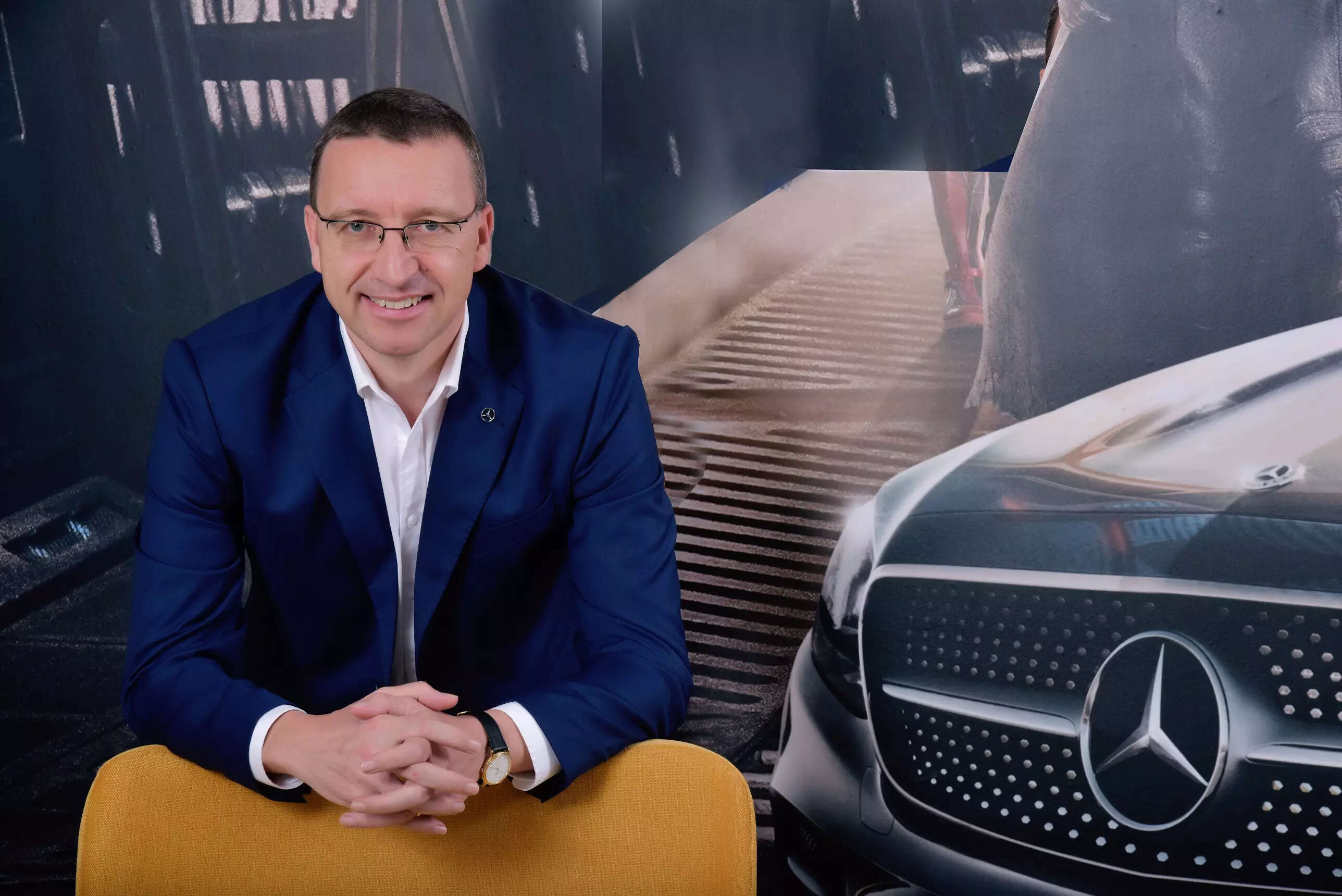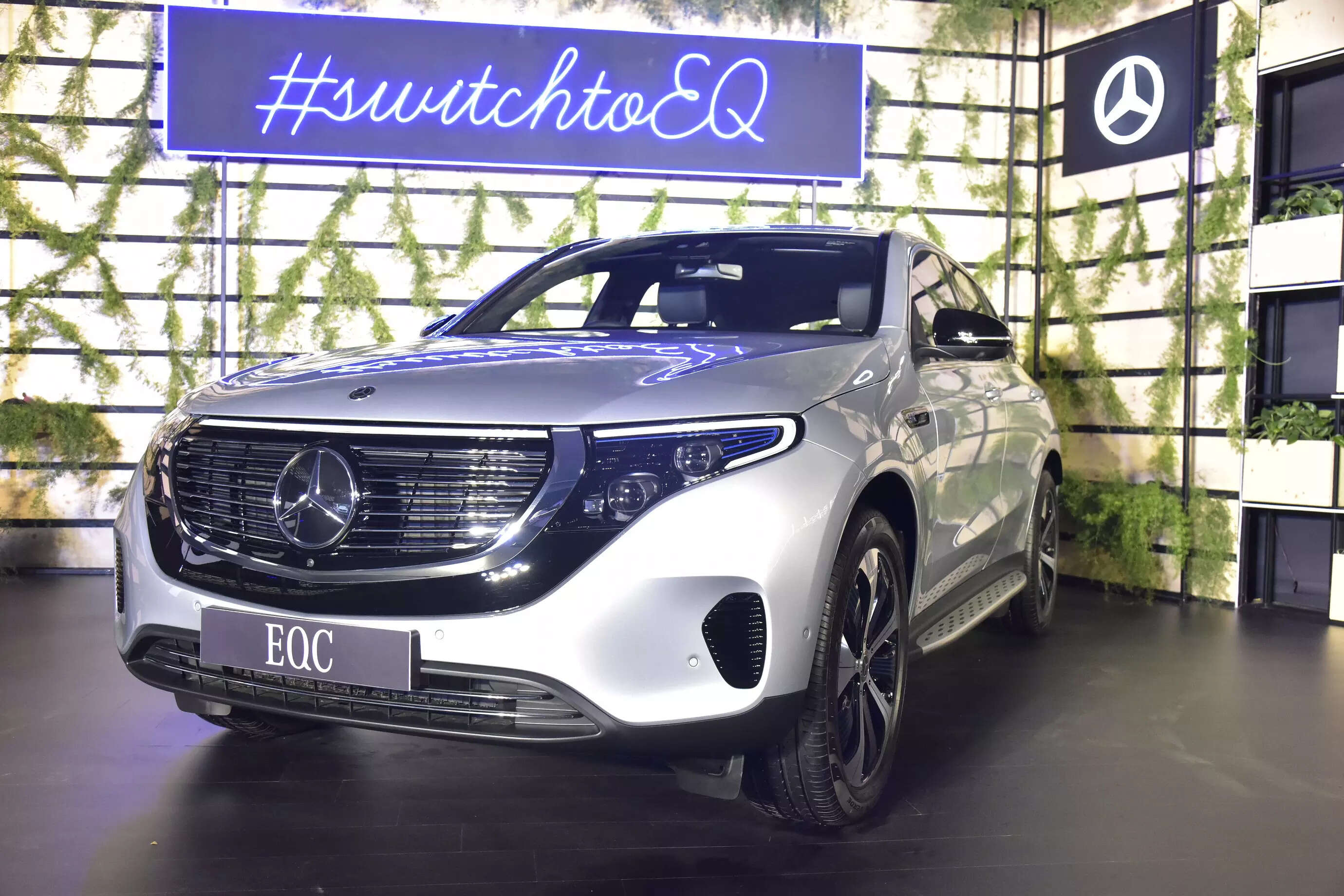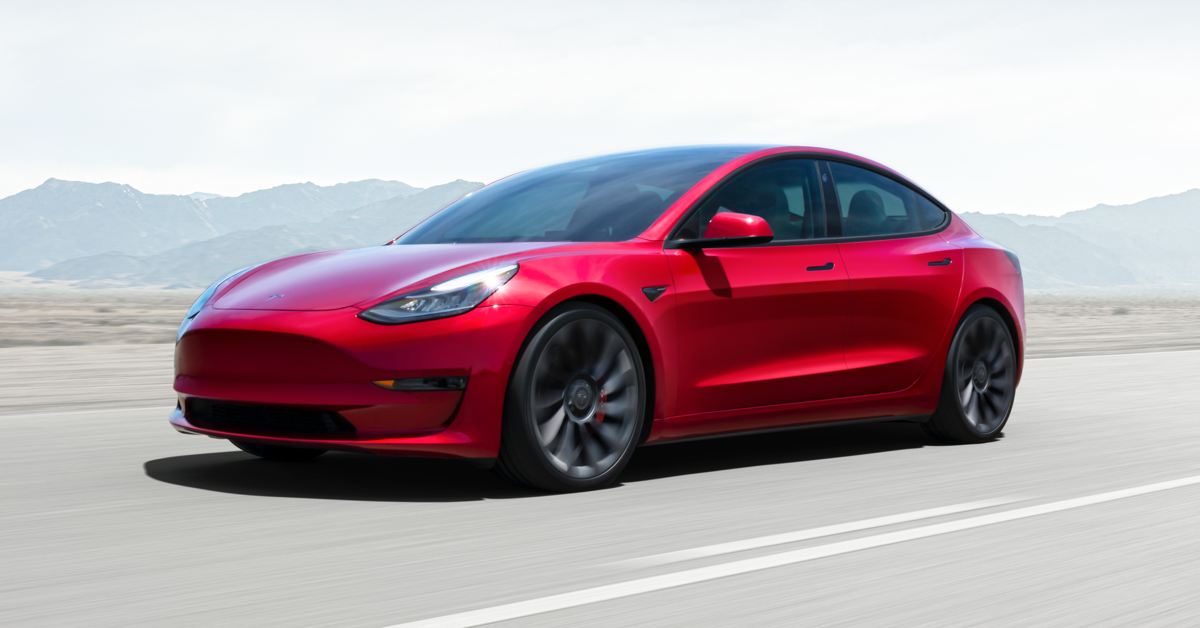
India’s biggest luxury carmaker Mercedes Benz says it is not nervous about the awaited big bang entry of Elon Musk’s Tesla in the luxury EV space but believes the entry of more players will only help expand the market.
Mercedes launched its first electric car–EQC, in India almost a year ago and claims to have received good response from the market. After exhausting its first lot of orders, it recently started bookings for the second batch of imports. Globally, the company is investing $ 47 billion by 2030 and has said all of its new platforms after 2025 would only be for electric cars.

“From Tata to Tesla, everybody is welcome. More players would only help to develop the market to stabilise, increase customer interest, and expedite work on infrastructure. It will also ensure supportive policies are in place because everybody faces the same challenges,” Martin Schwenk, the MD and CEO of Mercedes Benz India told ETAuto. “I’m completely open and clear with that. In the end we will have very good cars and we can compete against anyone. Whether it is competition against Tesla or Audi or BMW or Lexus or whatever, it happens in every market. We have superior brands, products and the best experience for the customer overall.”
“It has nothing to do with whether Tesla comes or not or taxes are high or low. We need to compete and we have a very capable and strong product lineup,” he added. “We have also been here a long time so we understand this market very well and have developed strong local capabilities. That comes only with time.”
As the largest electric car maker in the world, Tesla’s impending foray into India has created a lot of buzz. The Palo Alto based firm has been lobbying with the government for a reduction in import duties–something that Mercedes supports too. Currently, cars attract an import duty of 60 percent but those that cost $ 40,000 and above, which is where most of the electric cars come in, the duty is higher at 100 percent.
We want to do so, but import duties are the highest in the world by far of any large country!
Moreover, clean energy vehicles are treated the same as diesel or petrol, which does not seem entirely consistent with the climate goals of India.
— Elon Musk (@elonmusk) July 23, 2021
Schwenk said while they have been trying to convince the government to reduce duties overall, they will welcome it if Elon Musk’s hype does the trick for the industry.
“We have a range of electric cars already in our global portfolio which will only expand going forward which makes us ready to take advantage of any traction that comes our way on the policy and infrastructure side,” he said. “Whichever way it comes, it is welcome. Be it from an industry body side or due to a single company. We will take it.”
For now, despite the optimism in electric vehicles, the company does not have any plans to manufacture them here. Schwenk said the volumes do not justify the investment and suggested that a cut in import duty would be the

right way to stoke enough demand so that manufacturers find it conducive to produce here. How much of a reduction in duties is Mercedes eyeing?
“We have not done the simulations yet so I do not have a number but I would ask for a reasonable level. That would be comparable to what other countries have we are looking at something in the low double digits, say 10-15 percent,” he said. “Our strategy is simple, to produce closer to the market. But there are many markets that are competing for these investments and India has to make itself attractive enough.”
The government is reportedly open to considering a tax cut for a specified time but wants manufacturers to commit to investments and local production. Mercedes says the timeframe has to be over the medium term and not just 2-3 years.
“A time bound policy is fine. In principle to have visibility on how policies develop over a period of time is always fine. You can have schemes with gradients where there is a reduction and then a gradul increase an one can plan and adjust to that,” he said. “The problem is it cannot be for a period of 2-3 years because our product development cycles are longer. We need to have a longer perspective of at least more than five years.”
“I would prefer a clear roadmap which shows what could happen over the next 10 years,” he added. “That would give a lot of stability for planning.”















